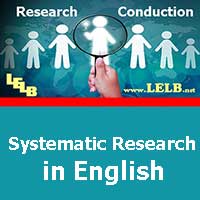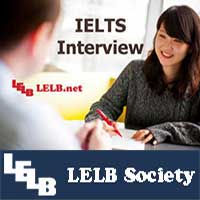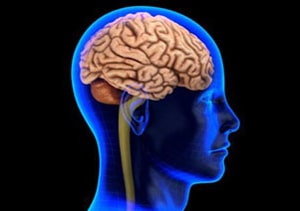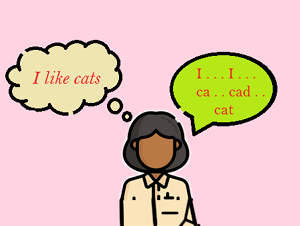Literature Review | Research Conduction
Literature Review Literature Review You should always take a notebook to collect citations and quotations from as many sources as you can in support of the validity of your project. The more you have references, the more credit you give to your work. In this regard, it is imperative to keep a record of the …







